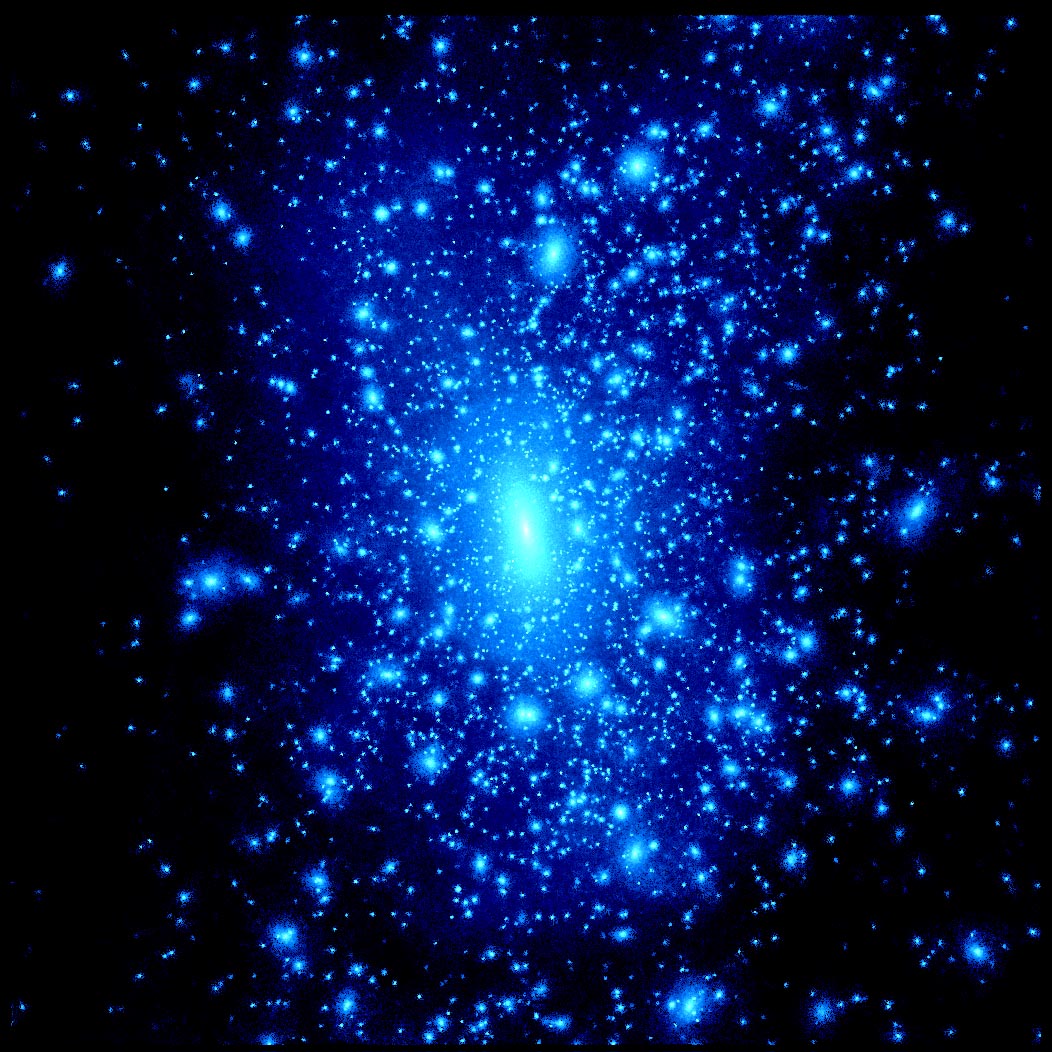In astrophysics, as in life, there are generally three views of where things are headed. Let’s call them evolution, entropy or enervation. In other words, better, worse or the same.
 The majority of astronomers now believe (and it is little more than a belief) that the universe will continue to expand because of an unobserved force they call dark energy. Eventually one of two things will happen—either all the stars burn out over billions, even trillions of years, with even black holes dissipating in the end, or the expansion and acceleration of the universe will continue until ‘the Big Rip’ occurs.
The majority of astronomers now believe (and it is little more than a belief) that the universe will continue to expand because of an unobserved force they call dark energy. Eventually one of two things will happen—either all the stars burn out over billions, even trillions of years, with even black holes dissipating in the end, or the expansion and acceleration of the universe will continue until ‘the Big Rip’ occurs.
We’re in a universe of endless entropy over unimaginable eons in one view, ending with nothing, a true void, absolute zero, and we’re living in the best of cosmic times in another view, with the universe evolving into more and more complex forms, including life.
Einstein held the view that the universe was in a balanced state, even a state of stasis. He had a hard time accepting the conclusions, and beginnings, toward which his own insights and theories pointed. Namely, that if you traced space-time back all the way, everything came from an infinitesimally small singularity, what came to be known as the Big Bang
Which brings us to the question of man and the course of humankind. Specifically, is modernity an ‘evolving’ success story whose best days are ahead, or has it brought humankind to the edge of the precipice, and there will be, for better or worse, a big rip?
Most people believe there a third possibility, and that Homo sap will stumble on as we always have. In this scenario, humans will wipe out most of the animals with which we share the earth, and make the planet a “pile of filth” in the words of the present pope, but we’ll adapt and go on unchanged.
This ‘stagnationist’ position isn’t tenable. One thing we can be sure of in life, sameness and stagnation are not an option for very long, either in the cosmos or in the world.
So that leaves the perennial default positions of optimists, that we’re evolving toward a better and better future, or pessimists, that humans will end with bang or whimper.
Clearly, humans are not evolving psychologically and socially. We are the same creatures we’ve been since cognitively modern humans emerged from Africa over 100,000 years ago.
Even so, when I hear people say things like, “people have always thought things were about to end, and they didn’t,” I reply yes, but they never used the rationalization of being wrong in the past to avoid the conditions of the present. That means this time it probably is different.
It boils down to the question: Are humans on a disastrous course requiring radical change, and can we radically change? If so, what is radical change, and what does it look like?
People often say one thing intellectually, and believe another thing emotionally. For example, most folks, whether on the right or left, say humankind is on ever more liberated, just and prosperous course. Some will cite statistics showing that poverty and violence are decreasing, despite gross disparities and grosser beheadings.
Remaining optimistic about the human prospect is one thing however; deluding oneself about the disastrous course we’re on is another. The scientific mind-set is not a 500-year mistake, but neither is modernity a success story whose best days are ahead. The best that can be said is that modernity is bringing the human experiment on this planet to a head.
Science is humankind’s greatest achievement, but the means and technologies it affords can either be used wisely and harmoniously or, as they  generally are, unwisely and destructively. Radically changing means awakening the intelligence of insight, not to increase scientific knowledge, but to inwardly grow in understanding and compassion.
generally are, unwisely and destructively. Radically changing means awakening the intelligence of insight, not to increase scientific knowledge, but to inwardly grow in understanding and compassion.
In that light, Pope Francis’ encyclical “Laudato Si,” is, ironically, an attempt to put new wine in old wineskins. (“And no one pours new wine into old wineskins. Otherwise, the wine will burst the skins, and both the wine and the wineskins will be ruined. No, they pour new wine into new wineskins.” Mark 2:22)
The Roman Catholic Church, and organized religion itself, is the old wineskins. The Catholic Church, and organized religion per se, cannot meet the crisis of human consciousness because they largely caused it, and have become sources of division, not wholeness.
Therefore the insights in “Laudato Si,” whose critique “extends to the whole ‘technological paradigm’ of our civilization, all the ways (economic and cultural) that we live now,” can only serve to “burst the skins.”
Leaving the human adolescence of organized religion behind, and radically changing through self-knowing, we are the universe aware of itself, and grow in harmony with it. And awareness never dies.
Martin LeFevre

